1. Introduction to Pickled Onions
What are Pickled Onions?
Pickled onions are a delicious and versatile condiment made by preserving onions in a mixture of vinegar, salt, sugar, and various spices. This preservation process not only enhances the flavor of the onions but also extends their shelf life significantly. Pickled onions are known for their tangy, slightly sweet, and often spicy taste, making them a popular addition to a wide range of dishes.
Types of Pickled Onions Recipes
There are numerous recipes for pickled onions, each offering its own unique flavor profile and culinary versatility. Some common variations include:
Quick Pickled Red Onions:
These are made by soaking thinly sliced red onions in a mixture of vinegar, sugar, and salt for a short period, typically around 30 minutes to an hour. They add a vibrant color and tangy flavor to salads, tacos, sandwiches, and more.
Traditional English Style Pickled Onions:
This recipe involves brining small, whole onions in a spiced vinegar solution for several weeks to develop a complex flavor. These pickled onions are often enjoyed as a condiment alongside meats, cheeses, and pub-style dishes.
Sliced Pickled Onions:
These are thinly sliced onions that are pickled in a vinegar-based brine infused with herbs and spices. They’re perfect for topping burgers, hot dogs, or adding a zesty kick to salads and sandwiches.
Quick and Easy Pickled Red Onion Recipe:
This recipe offers a simple and speedy method for making tangy pickled red onions that can be enjoyed in just a matter of hours. They’re a fantastic addition to tacos, wraps, or even grilled meats and seafood.
The Health and Benefits of Pickled Onions
While pickled onions are primarily enjoyed for their flavor, they also offer several health benefits. Rich in antioxidants, vitamins, and minerals, pickled onions can contribute to overall well-being when consumed as part of a balanced diet. In the following sections, we’ll delve deeper into the nutritional profile of pickled onions and explore the specific health benefits they provide.
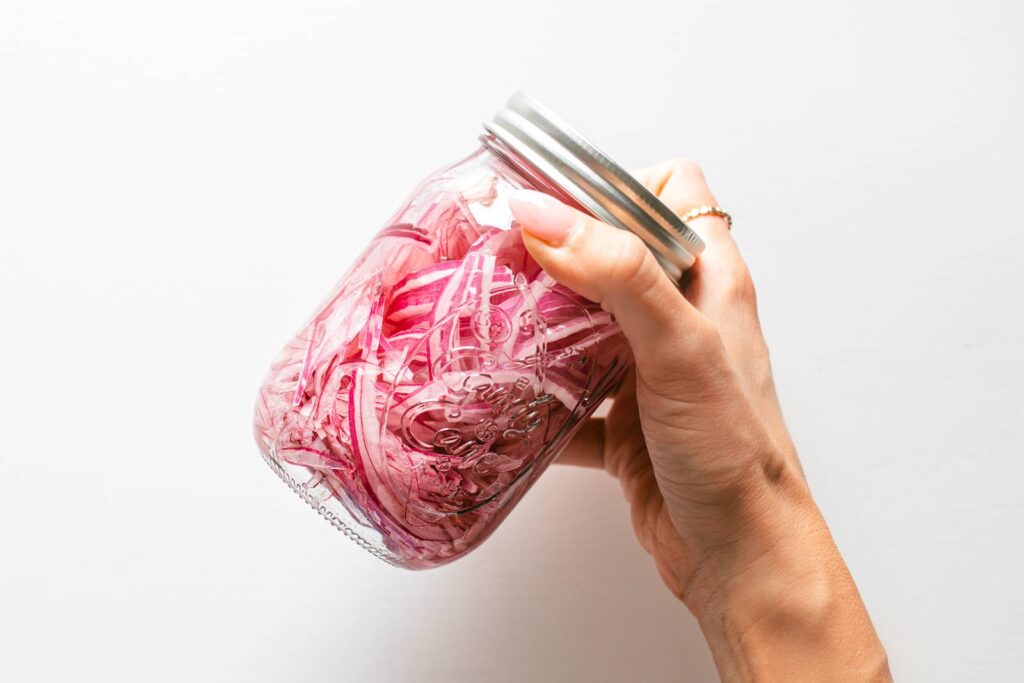
2. Nutritional Profile of Pickled Onions
Calories, Carbs, Sugars, Protein, Fats, Salt, Fiber
Pickled onions are relatively low in calories and fat, making them a healthy addition to meals. A typical serving of pickled onions (approximately one ounce or 28 grams) contains approximately 10-15 calories, with minimal fat content. The primary macronutrients found in pickled onions include carbohydrates and a small amount of protein.
In terms of carbohydrates, pickled onions contain around 2-3 grams per serving, with a portion of these carbohydrates coming from naturally occurring sugars. However, the sugar content in pickled onions is generally modest, as the sweetness is balanced by the tanginess of the vinegar and the savory notes of the spices.
Pickled onions are also a good source of dietary fiber, providing approximately 1-2 grams per serving. Fiber is essential for digestive health, promoting regular bowel movements and supporting the growth of beneficial gut bacteria.
In terms of micronutrients, pickled onions offer a range of vitamins and minerals, including vitamin C, vitamin K, potassium, and antioxidants such as quercetin. Vitamin C is particularly abundant in pickled onions and plays a vital role in immune function, collagen production, and wound healing. Potassium is essential for maintaining healthy blood pressure levels and supporting proper muscle and nerve function.
Top 6 Micronutrients in Pickled Onions
Vitamin C:
Pickled onions are a rich source of vitamin C, with one serving providing a significant portion of the recommended daily intake. Vitamin C is an essential antioxidant that helps protect cells from damage, supports immune function, and promotes collagen synthesis for healthy skin and connective tissues.
Vitamin K:
Pickled onions contain vitamin K, which is important for blood clotting and bone health. Adequate vitamin K intake supports proper blood coagulation and helps prevent excessive bleeding.
Potassium:
Pickled onions are a good source of potassium, an electrolyte that helps regulate fluid balance, nerve function, and muscle contractions. Consuming potassium-rich foods like pickled onions may help lower blood pressure and reduce the risk of stroke and heart disease.
Quercetin:
Quercetin is a flavonoid antioxidant found in onions that has anti-inflammatory and immune-boosting properties. Pickled onions contain quercetin, which may help reduce inflammation, improve heart health, and protect against chronic diseases.
Fiber:
Pickled onions provide dietary fiber, which supports digestive health, regulates blood sugar levels, and promotes feelings of fullness and satiety. Including fiber-rich foods like pickled onions in your diet can help prevent constipation, promote regular bowel movements, and support a healthy gut microbiome.
Antioxidants:
Pickled onions contain various antioxidants, including flavonoids and phenolic compounds, which help neutralize harmful free radicals and reduce oxidative stress in the body. Antioxidants play a key role in protecting cells from damage and lowering the risk of chronic diseases such as cancer and heart disease.
Overall, pickled onions offer a range of essential nutrients and health-promoting compounds, making them a nutritious and flavorful addition to meals and snacks. Incorporating pickled onions into your diet can help enhance flavor, texture, and nutritional value while providing numerous health benefits.
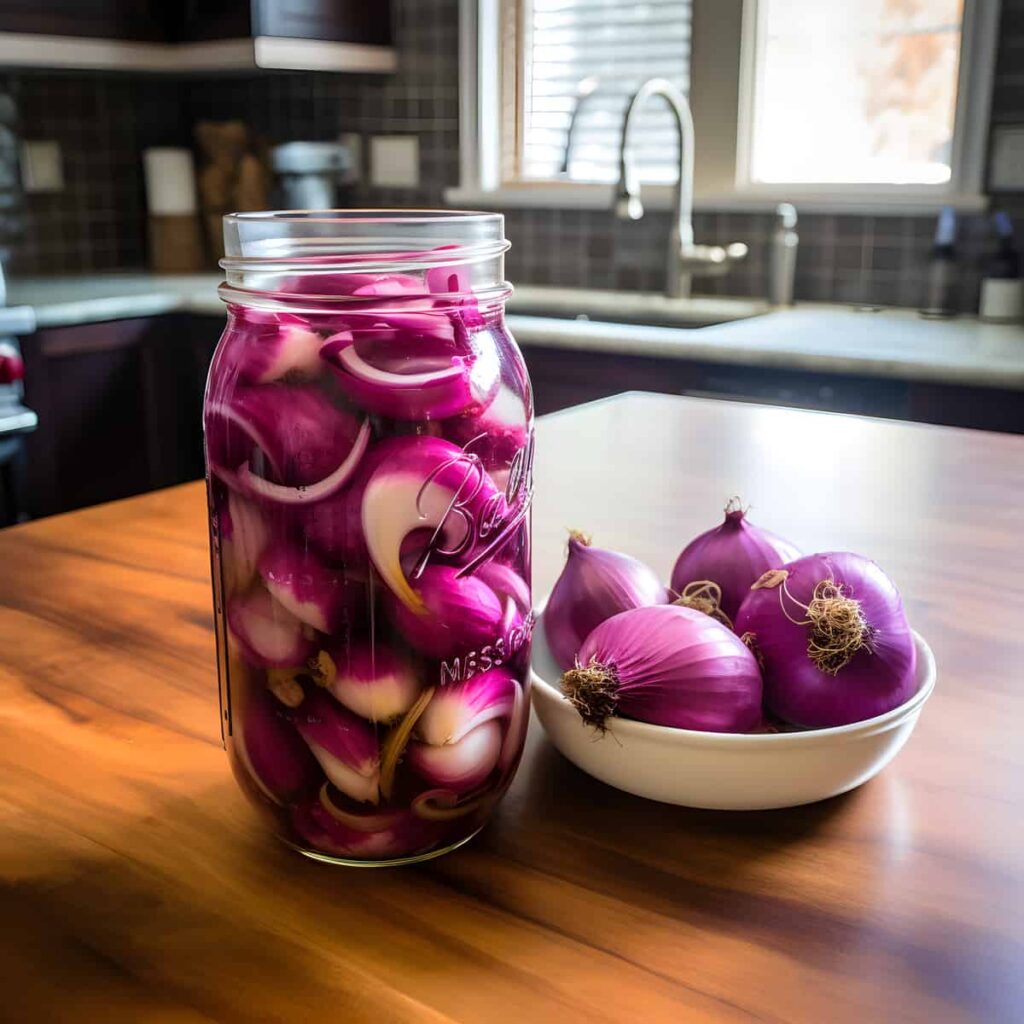
3. Health Benefits of Pickled Onions
Biome: How Pickled Onions Affect Gut Health
One of the significant health benefits of pickled onions lies in their potential to support gut health. The gut microbiome, comprised of trillions of bacteria, fungi, and other microorganisms, plays a crucial role in digestion, nutrient absorption, immune function, and overall well-being. Research suggests that the balance of bacteria in the gut can influence various aspects of health, including metabolism, inflammation, and mental health.
Pickled onions, like other fermented foods, undergo a fermentation process that involves the growth of beneficial bacteria, such as lactobacilli. These probiotic bacteria can help populate the gut with beneficial microorganisms, promoting a healthy balance of gut flora.
By consuming pickled onions regularly, you may support the diversity and abundance of beneficial bacteria in your gut, which can have numerous positive effects on health. A healthy gut microbiome has been associated with reduced inflammation, improved immune function, enhanced nutrient absorption, and a lower risk of chronic diseases such as obesity, diabetes, and inflammatory bowel disease.
In addition to providing probiotics, pickled onions also contain prebiotic fibers, which serve as fuel for beneficial gut bacteria. Prebiotics are non-digestible carbohydrates that pass through the digestive system intact and stimulate the growth and activity of probiotic bacteria in the gut. By feeding the beneficial bacteria in your gut, prebiotic fibers help maintain a healthy microbiome and support optimal digestive function.
Immunity Boosting Properties
Another significant health benefit of pickled onions is their potential to boost immune function. Onions, the main ingredient in pickled onions, are rich in compounds such as vitamin C, quercetin, and sulfur compounds, which have been shown to have immune-enhancing properties.
Vitamin C is a powerful antioxidant that supports the immune system by stimulating the production of white blood cells, which help defend the body against infections and foreign invaders. Quercetin, another antioxidant found in onions, has anti-inflammatory and antiviral properties, which may help reduce the risk of respiratory infections and other common illnesses.
The sulfur compounds in onions, particularly allyl sulfides, have been studied for their potential antibacterial and antiviral effects. These compounds may help inhibit the growth of harmful bacteria and viruses in the body, thereby reducing the risk of infections.
By including pickled onions in your diet, you can benefit from the immune-boosting properties of these nutritious vegetables. Whether added to salads, sandwiches, or served as a side dish, pickled onions can provide a flavorful and healthful addition to your meals while supporting your body’s natural defense mechanisms.
Digestive Benefits
In addition to promoting gut health, pickled onions may offer digestive benefits due to their high fiber content and probiotic properties. Dietary fiber is essential for maintaining regular bowel movements and preventing constipation, as it adds bulk to the stool and promotes the passage of waste through the digestive tract.
The fiber found in pickled onions also acts as a prebiotic, nourishing the beneficial bacteria in the gut and promoting a healthy balance of gut flora. By supporting the growth of probiotic bacteria, pickled onions may help improve digestion, reduce bloating and gas, and alleviate symptoms of irritable bowel syndrome (IBS) and other digestive disorders.
Furthermore, the fermentation process involved in making pickled onions can increase the bioavailability of nutrients and enhance their digestibility. Fermented foods are easier for the body to break down and absorb, which may improve nutrient absorption and support overall digestive health.
In conclusion, pickled onions offer a range of health benefits, including promoting gut health, boosting immunity, and supporting digestion. By incorporating pickled onions into your diet, you can enjoy their delicious flavor and texture while reaping the numerous nutritional and health-promoting properties they provide.
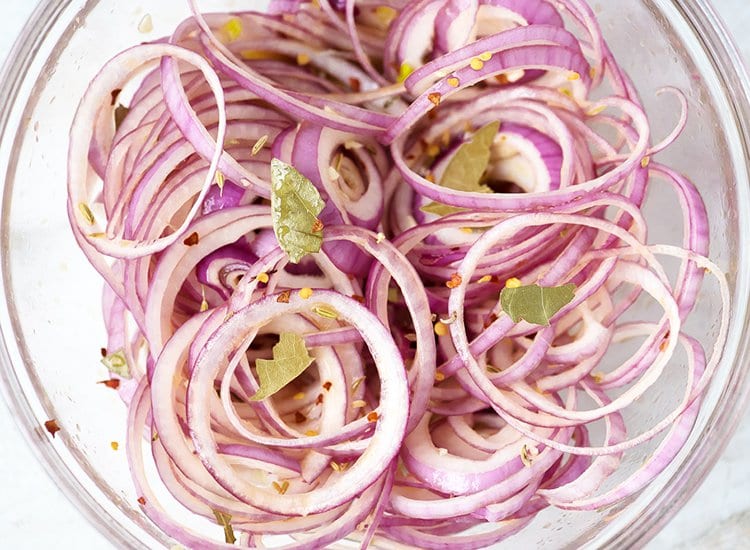
4. Why Pickled Onions Work
Understanding Healthy Onion Benefits
Before delving into the specifics of why pickled onions are beneficial, it’s essential to understand the inherent health benefits of onions themselves. Onions belong to the Allium genus, along with garlic, leeks, and shallots, and are revered for their potent medicinal properties.
Onions are rich in bioactive compounds, including flavonoids, sulfur-containing compounds, and polyphenols, which contribute to their various health benefits. These compounds possess antioxidant, anti-inflammatory, antimicrobial, and anticancer properties, making onions a valuable addition to a healthy diet.
One of the key compounds found in onions is quercetin, a powerful antioxidant that has been extensively studied for its health-promoting effects. Quercetin exhibits anti-inflammatory properties, helps lower blood pressure, supports heart health, and may even protect against certain types of cancer.
Additionally, onions contain sulfur compounds such as allicin, which have antibacterial and antiviral properties. These compounds help boost the immune system and protect against infections by inhibiting the growth of harmful bacteria and viruses.
The Role of Pickling Ingredients
When onions are pickled, they undergo a preservation process that involves soaking them in a solution of vinegar, salt, sugar, and various spices. This pickling solution not only imparts flavor to the onions but also enhances their nutritional value and health benefits.
Vinegar, the primary pickling agent, contains acetic acid, which helps preserve the onions and gives them their characteristic tangy taste. Acetic acid also has antimicrobial properties, which can help inhibit the growth of harmful bacteria and pathogens.
Salt is another essential component of the pickling solution, as it helps draw out moisture from the onions and creates an environment that is inhospitable to spoilage-causing microorganisms. However, it’s important to use salt in moderation to avoid excessive sodium intake, which can contribute to high blood pressure and other health problems.
Sugar is added to the pickling solution to balance the acidity of the vinegar and enhance the flavor of the onions. While sugar adds sweetness to the pickled onions, it’s typically used sparingly to keep the overall sugar content low.
Various spices and herbs, such as mustard seeds, peppercorns, dill, and bay leaves, are often added to the pickling solution to impart additional flavor and complexity to the pickled onions. These spices not only enhance the taste of the onions but also contribute their own unique health-promoting properties.
In summary, pickled onions work by harnessing the inherent health benefits of onions and enhancing them through the pickling process. The combination of vinegar, salt, sugar, and spices not only preserves the onions but also amplifies their flavor and nutritional value, making them a delicious and healthful addition to any diet.
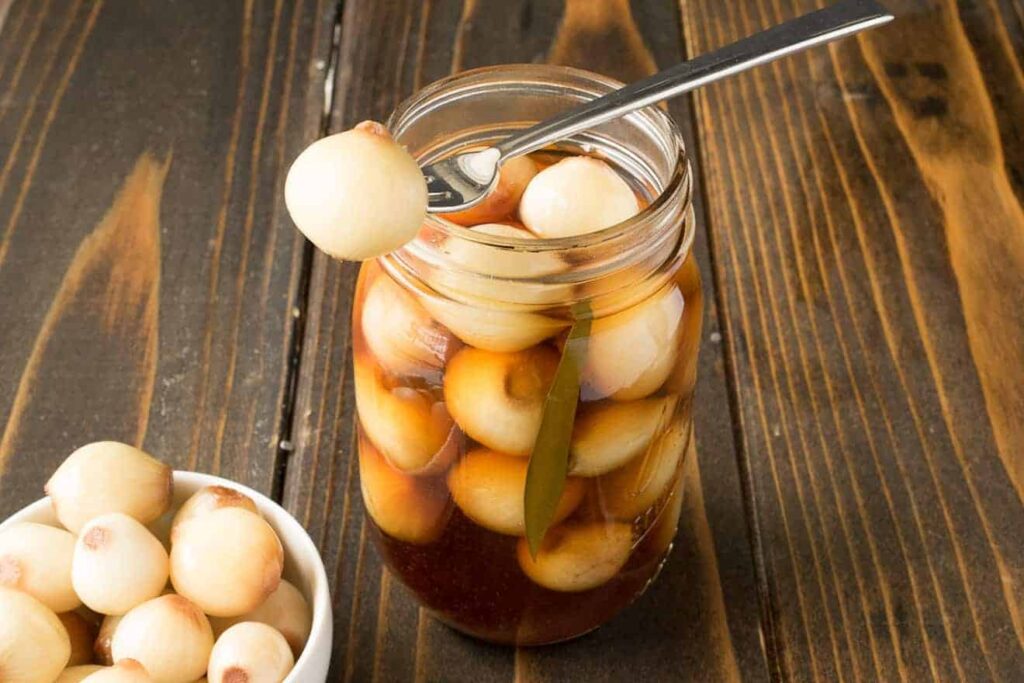
5. Incorporating Pickled Onions into Your Diet
Pickled onions are a versatile and flavorful condiment that can be easily incorporated into a wide range of dishes. Whether you’re looking to add a tangy kick to salads, sandwiches, tacos, or grilled meats, pickled onions offer a delicious and healthful way to elevate your meals. Here are some creative ways to enjoy pickled onions as part of your diet:
Salads:
Add a handful of pickled onions to your favorite salads for an extra burst of flavor and crunch. They pair particularly well with leafy greens, tomatoes, cucumbers, and avocado. Try tossing them into a Greek salad, a kale Caesar salad, or a quinoa salad for a refreshing and tangy twist.
Sandwiches and Wraps:
Layer pickled onions onto sandwiches, wraps, and burgers to add a zesty kick and enhance the overall flavor profile. They complement a wide range of fillings, including deli meats, grilled vegetables, cheese, and hummus. Consider adding them to a turkey and avocado sandwich, a grilled vegetable wrap, or a classic cheeseburger for a burst of tangy goodness.
Tacos and Burritos:
Sprinkle pickled onions onto tacos, burritos, and quesadillas to add acidity and brightness to your Mexican-inspired dishes. They pair beautifully with grilled chicken, steak, shrimp, or black beans. Top off your tacos with pickled onions, along with salsa, guacamole, and shredded cheese, for a delicious and satisfying meal.
Grain Bowls:
Incorporate pickled onions into grain bowls and Buddha bowls for added flavor and texture. They complement a variety of grains, such as quinoa, brown rice, and farro, as well as roasted vegetables, beans, and leafy greens. Try adding them to a Mediterranean grain bowl with roasted vegetables, feta cheese, and tzatziki sauce for a flavorful and nutritious meal.
Charcuterie Boards:
Arrange pickled onions alongside other pickled vegetables, cheeses, cured meats, and crackers on a charcuterie board for a visually stunning and delicious appetizer spread. Their vibrant color and tangy flavor will complement the other components of the board and add a refreshing contrast to rich and savory items.
Fish and Seafood Dishes:
Use pickled onions as a garnish for fish and seafood dishes to add acidity and complexity to the flavor profile. They pair particularly well with grilled fish, ceviche, fish tacos, and sushi rolls. Top off your seafood dishes with a sprinkle of pickled onions, along with fresh herbs and a squeeze of lemon or lime, for a burst of flavor.
Side Dishes:
Serve pickled onions as a side dish alongside grilled meats, roasted vegetables, or hearty stews for a tangy and refreshing accompaniment. They can also be added to grain salads, pasta salads, and potato salads for added flavor and texture. Consider serving them alongside barbecue ribs, roasted chicken, or grilled vegetables for a delicious and vibrant side dish.
Overall, pickled onions are a versatile ingredient that can enhance the flavor and appeal of a wide range of dishes. Experiment with different ways to incorporate pickled onions into your meals to discover new flavor combinations and add a delicious and healthful twist to your favorite recipes.
6. Pickled Onions Recipes
Pickled onions are not only delicious but also incredibly easy to make at home. With just a few simple ingredients and minimal preparation, you can create your own batch of tangy and flavorful pickled onions to enjoy whenever you like. Below are two popular pickled onions recipes:
Quick Pickled Red Onion Recipe:
Ingredients:
- 1 medium red onion, thinly sliced
- 3/4 cup apple cider vinegar
- 1 tablespoon granulated sugar
- 1 teaspoon salt
- 1/2 teaspoon whole black peppercorns
- 1 bay leaf (optional)
Instructions:
- In a small saucepan, combine the apple cider vinegar, sugar, salt, peppercorns, and bay leaf (if using). Heat over medium heat, stirring occasionally, until the sugar and salt have dissolved, and the mixture comes to a gentle simmer. Remove from heat and let cool for a few minutes.
- Place the thinly sliced red onion in a clean glass jar or container. Pour the warm pickling liquid over the onions, making sure they are fully submerged. If necessary, use a spoon to press down on the onions to ensure they are covered with the liquid.
- Let the onions cool to room temperature, then cover the jar with a lid or plastic wrap. Place the jar in the refrigerator and allow the onions to pickle for at least 1 hour, preferably overnight, to develop their flavor.
- Once pickled, the onions can be stored in the refrigerator for up to two weeks. Serve them as a garnish for salads, tacos, sandwiches, or grilled meats, or enjoy them straight out of the jar as a tangy and flavorful snack.
Traditional English Style Pickled Onions:
Ingredients:
- 2 lbs small pearl onions, peeled
- 2 cups white vinegar
- 1/4 cup granulated sugar
- 2 tablespoons salt
- 1 teaspoon mustard seeds
- 1 teaspoon whole black peppercorns
- 2 bay leaves
- 1/2 teaspoon red pepper flakes (optional)
Instructions:
- In a large saucepan, combine the white vinegar, sugar, salt, mustard seeds, peppercorns, bay leaves, and red pepper flakes (if using). Bring the mixture to a boil over medium-high heat, stirring occasionally until the sugar and salt have dissolved.
- Add the peeled pearl onions to the saucepan and reduce the heat to low. Simmer the onions in the pickling liquid for 5-7 minutes, or until they are slightly tender but still crisp.
- Using a slotted spoon, transfer the onions to clean, sterilized jars or containers, leaving about 1/2 inch of space at the top of each jar. Ladle the hot pickling liquid over the onions, making sure they are fully submerged.
- Seal the jars with lids or covers and let them cool to room temperature. Once cooled, store the pickled onions in the refrigerator for at least 2 weeks before serving to allow the flavors to develop fully.
- Enjoy the pickled onions as a condiment or accompaniment to savory dishes, such as cheese platters, sandwiches, or cold meats. They also make a delicious addition to salads, relishes, and chutneys, adding a tangy and flavorful punch to your favorite recipes.
These two pickled onion recipes are just a starting point, and you can customize them to suit your taste preferences by adjusting the seasoning, spices, and pickling time. Experiment with different types of onions, vinegars, and flavorings to create your own signature pickled onions that are sure to impress your family and friends.
7. Conclusion: Embracing the Health Benefits of Pickled Onions
In conclusion, pickled onions are not only a delicious and versatile condiment but also offer numerous health benefits that make them a valuable addition to any diet. From supporting gut health to boosting immunity and aiding digestion, pickled onions can contribute to overall well-being in several ways.
Through the fermentation process, pickled onions become rich in probiotics, which promote a healthy balance of gut bacteria and support digestive function. Additionally, the presence of prebiotic fibers in pickled onions nourishes beneficial gut bacteria, further enhancing gut health.
Furthermore, pickled onions are packed with essential nutrients and antioxidants, including vitamin C, quercetin, and potassium, which contribute to their immune-boosting properties. These nutrients help protect against oxidative stress, reduce inflammation, and support immune function, helping the body defend against infections and diseases.
Incorporating pickled onions into your diet is easy and enjoyable, thanks to their tangy flavor and versatility. Whether added to salads, sandwiches, tacos, or served as a side dish, pickled onions can elevate the taste and nutritional value of any meal.
By making your own pickled onions at home, you can control the ingredients and customize the flavors to suit your preferences. Experiment with different types of onions, vinegars, and spices to create unique and flavorful pickled onions that are tailored to your taste.
Overall, embracing the health benefits of pickled onions is a delicious and rewarding way to support your well-being. Whether you’re looking to improve gut health, boost immunity, or simply add a burst of flavor to your meals, pickled onions are a tasty and nutritious choice that you can enjoy every day. So why not start pickling today and reap the rewards of this ancient preservation method for yourself?
8. Tips for Making and Enjoying Pickled Onions
Making and enjoying pickled onions can be a delightful culinary experience, whether you’re a seasoned pickling enthusiast or trying it for the first time. Here are some tips to help you make the most of your pickled onions:
Choose the Right Onions:
Opt for firm, fresh onions with vibrant skin for the best results. Red onions are commonly used for pickling due to their color and flavor, but you can also use white or yellow onions depending on your preference.
Slice Evenly:
When slicing the onions, aim for uniform thickness to ensure even pickling. Thinly sliced onions will pickle faster and have a more delicate texture, while thicker slices will take longer to pickle and have a crunchier texture.
Experiment with Flavors:
Don’t be afraid to get creative with the flavors in your pickling liquid. Add spices like mustard seeds, peppercorns, coriander seeds, or red pepper flakes for extra flavor and complexity. You can also experiment with different types of vinegar, such as apple cider vinegar, white vinegar, or red wine vinegar, to vary the taste.
Don’t Overlook Sweetness:
A touch of sweetness can balance the acidity of the pickling liquid and enhance the overall flavor of the pickled onions. Add a tablespoon or two of sugar, honey, or maple syrup to the pickling liquid to achieve the perfect balance of sweet and sour.
Give Them Time:
Allow your pickled onions to pickle for at least a few hours, preferably overnight, to develop their flavor fully. The longer they sit in the pickling liquid, the more flavorful and tender they will become. Store the pickled onions in the refrigerator for up to two weeks to enjoy them at their best.
Use Them as a Garnish:
Pickled onions make a versatile and visually appealing garnish for a wide range of dishes. Sprinkle them on salads, sandwiches, tacos, burgers, and grilled meats to add a burst of color and flavor. They can also be used to brighten up cheese platters, charcuterie boards, and appetizers.
Get Creative with Recipes:
Don’t limit yourself to traditional uses for pickled onions. Get creative and experiment with different ways to incorporate them into your favorite recipes. Use them as a topping for pizza, stir them into pasta salads, blend them into salad dressings, or add them to savory baked goods for a unique twist.
Store Properly:
Store your pickled onions in clean, airtight jars or containers in the refrigerator to keep them fresh and flavorful. Make sure the onions are fully submerged in the pickling liquid to prevent spoilage. Properly stored, pickled onions will last for up to two weeks in the refrigerator.
Share and Enjoy:
Pickled onions make a fantastic homemade gift for friends and family. Package them in decorative jars or containers and share them with loved ones for a thoughtful and delicious gift. Enjoy the satisfaction of knowing that you’ve created something special and delicious to share with others.
By following these tips, you can make delicious pickled onions at home and enjoy them in a variety of ways. Whether you’re adding them to salads, sandwiches, or enjoying them straight out of the jar, pickled onions are sure to add a flavorful and tangy twist to your meals.

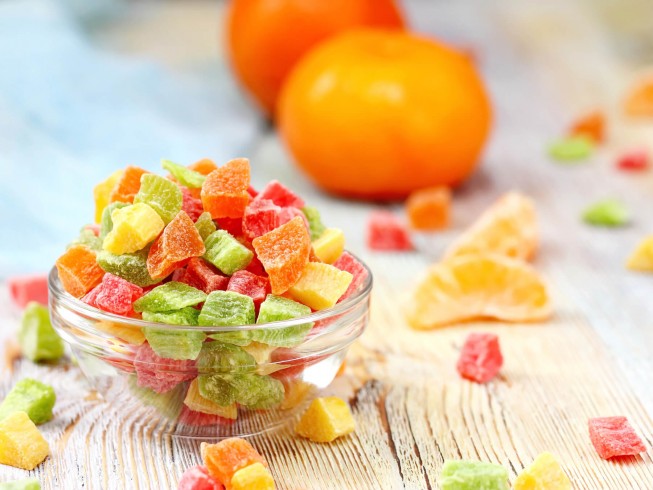
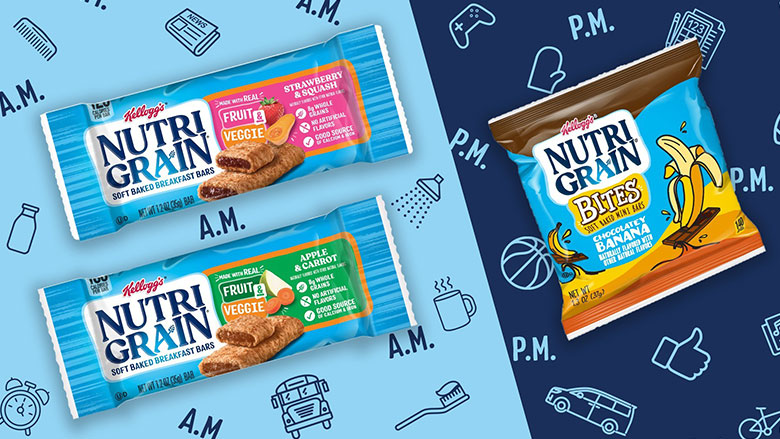
Pingback: ICD 10 Code for Renal Cell Carcinoma: Insights
Pingback: Is grandma Pizza Healthier Than Regular Pizza
Pingback: Ethan Klein Weight Loss in 2024 - Ethan Klein Secrets
Pingback: Ancient Grain In a Healthy Cereal: A Nutritious Choice